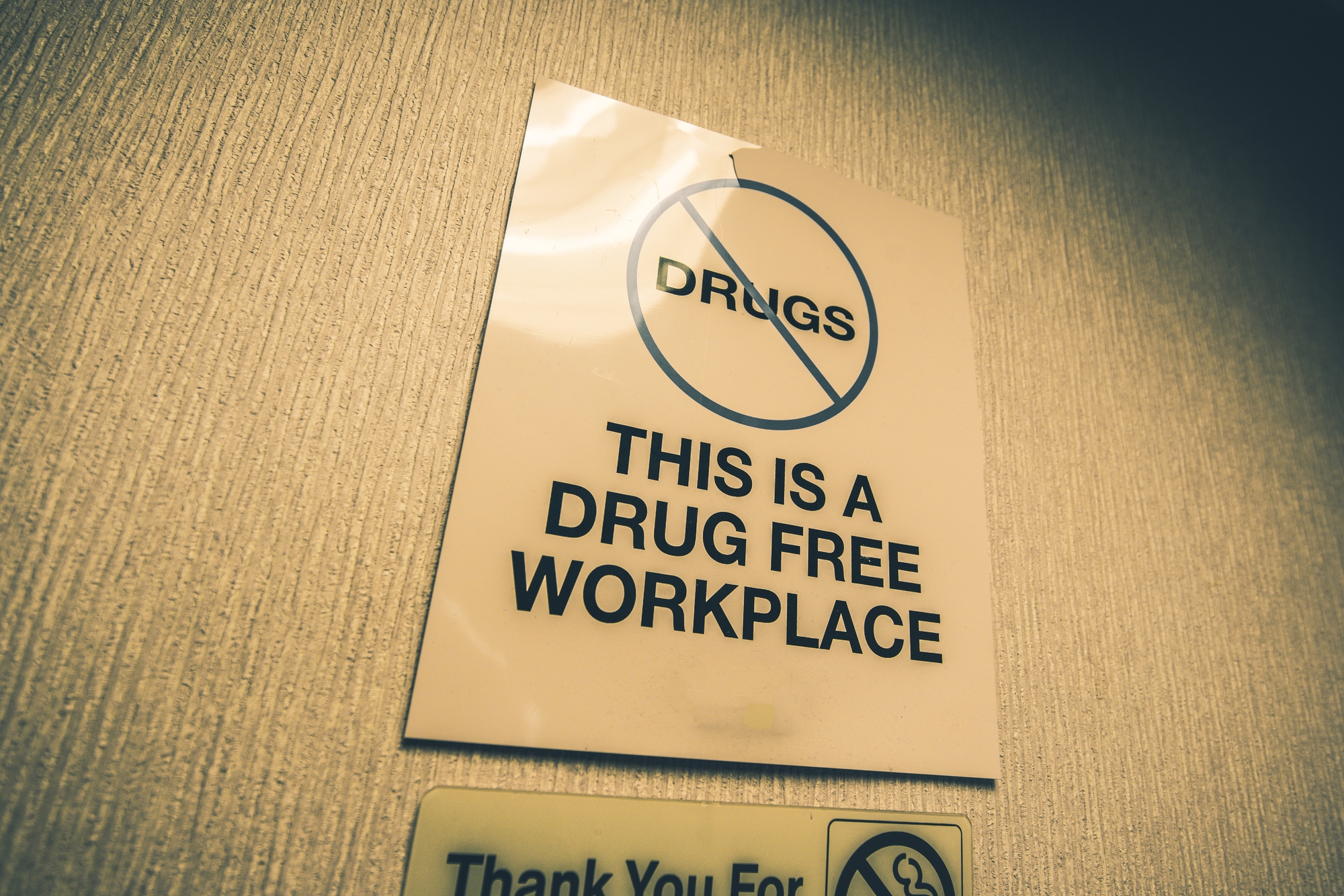As marijuana continues to gain legal ground in California, new regulations are also emerging in the employment sector. One such law aims to protect employees from discrimination based on their off-duty cannabis use. Governor Gavin Newsom recently signed Assembly Bill 2188 (AB-2188), which specifically addresses the scope and limitations of drug testing for cannabis in the workplace. Employment attorney Angela Reddock-Wright sheds light on what the bill means for both employers and employees.
Key Provisions of AB-2188
According to Reddock-Wright, AB-2188 essentially prohibits employers from discriminating against workers for their off-duty use of cannabis, whether for medicinal or recreational purposes. The law also restricts employers from taking disciplinary actions based solely on ‘non-psychoactive’ traces of marijuana or THC found in drug tests.
Can Employers Still Conduct Drug Tests for Cannabis?
The law doesn’t completely eliminate the option for employers to conduct drug tests, but it does set limitations. Reddock-Wright explains, “Employers can still carry out preliminary drug tests for marijuana and other substances. However, finding ‘non-psychoactive’ traces of THC during these tests is insufficient grounds for refusing employment.”
Employers can conduct drug tests during employment if there are valid concerns about an employee’s job performance due to possible drug use. However, as Reddock-Wright states, “Just finding traces of THC is not enough for punitive action. The levels detected must be such that they genuinely impair the individual’s capability to perform their job tasks.”
Medical vs. Recreational Marijuana in the Workplace
When asked if the rules differ for medical marijuana compared to recreational use, Reddock-Wright clarifies that both types of use are protected under this new law. She notes, “What matters is whether the employee is functionally impaired at work due to marijuana or any other drug. Employers can still prohibit the possession or use of marijuana in the workplace and can advocate for a drug-free work environment. However, what an employee does outside of work is their own business, as long as it does not impair their work performance.”
The Intersection with Americans with Disabilities Act (ADA)
On the subject of medical marijuana, there could be additional protections under the Americans with Disabilities Act. If an employer attempts to discipline an employee for medical marijuana use, they could be violating the individual’s rights under the ADA, which might necessitate a separate legal process.
Effective Date
AB-2188 will come into effect starting January 1, 2024.
Conclusion
The signing of AB-2188 marks a significant shift in California’s employment landscape, extending protections to employees who use cannabis off-duty. While the law sets new limitations for workplace drug testing, it aims to strike a balance, ensuring that employees are neither unfairly discriminated against nor impaired while on the job.












Leave A Comment